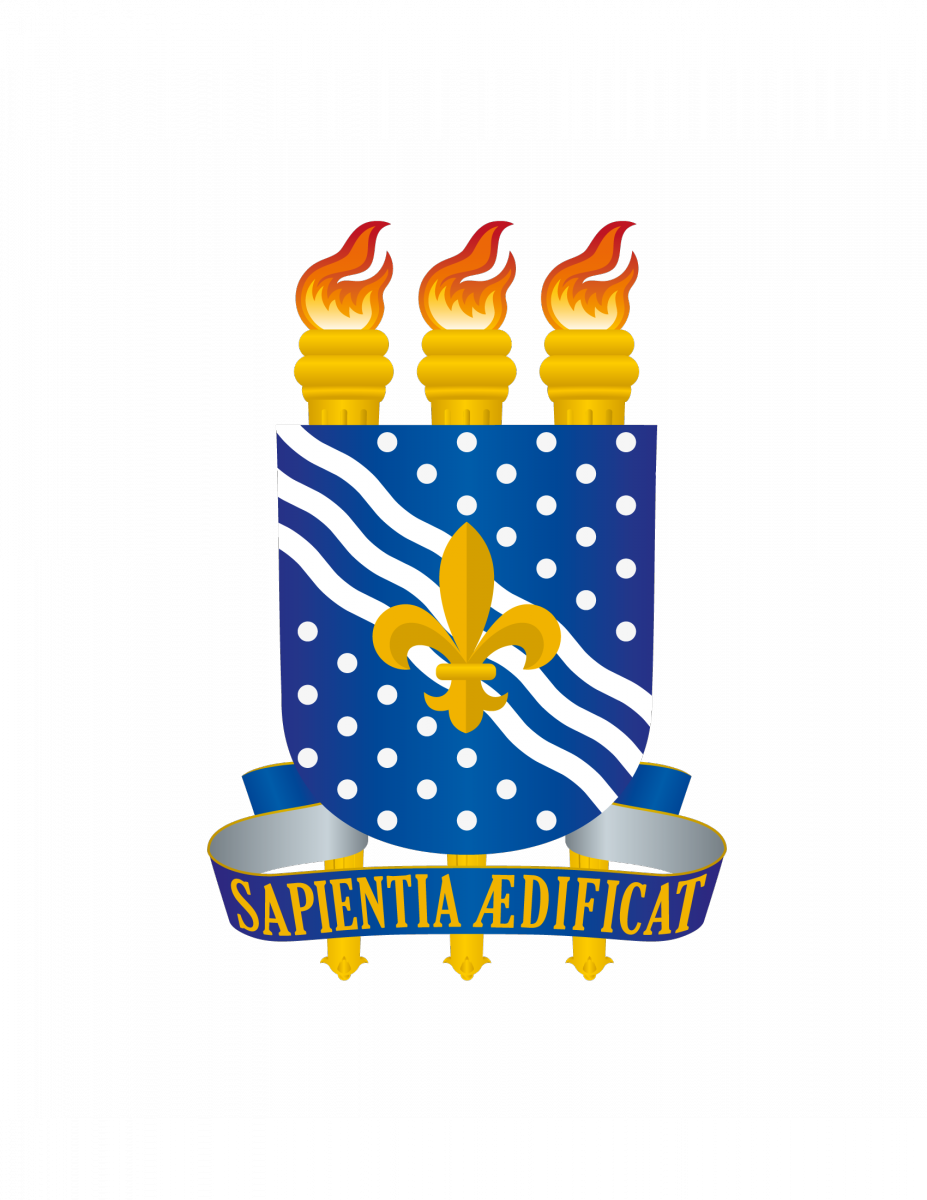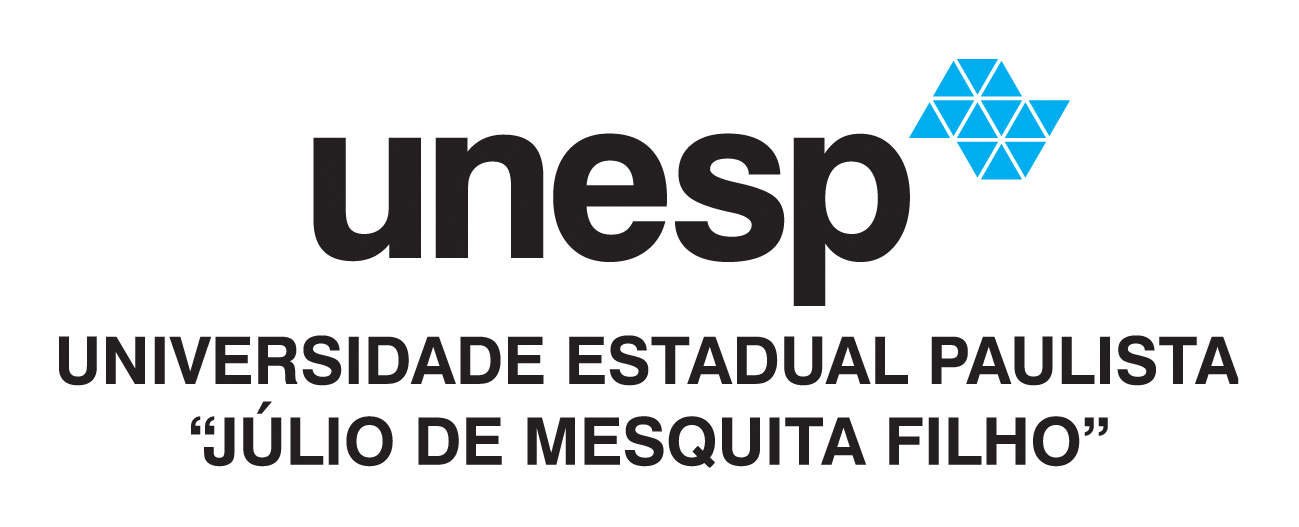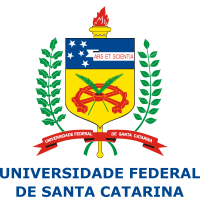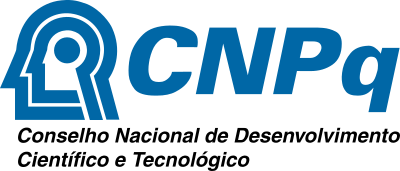Information, Data and Technology
Guilherme Ataíde Dias
Federal University of Paraíba (UFPB) | guilhermeataide@ccsa.ufpb.br | https://orcid.org/0000-0001-6576-0017 | https://lattes.cnpq.br/9553707435669429
Undergraduate in Computer Science from the Federal University of Paraíba UFPB Campus II (1990), Bachelor in Law by the University Center of João Pessoa UNIPE (2010), Master in Organization & Management by Central Connecticut State University? CCSU (1995), PhD in Information Science (Communication Sciences) at the University of São Paulo? USP (2003) and Post-Doctor by UNESP (2011). He is currently Associate Professor III at the Federal University of Paraíba, where he holds a degree in Information Science. He is involved with Post-Graduation through the Post-Graduate Program in Information Science and Postgraduate Program in Administration, both of UFPB. Has research interest in the following themes: Knowledge Representation; Information Architecture; Information security; Information and Communication Technologies; Health Information; Social networks; Free software; Law, Ethics and Intellectual Property in Cyberspace; Scientific Data Management; Legal Information; He is currently Research Productivity Scholar (PQ) at CNPq.
Moisés Lima Dutra
Federal University of Santa Catarina (UFSC) | moises.dutra@ufsc.br | https://orcid.org/0000-0003-1000-5553 | https://lattes.cnpq.br/1973469817655034
Professor, Federal University of Santa Catarina, Department of Information Science. PhD in Computing from the University of Lyon 1, France (2009). Master in Electrical Engineering, subarea Automação e Sistemas (2005) and Bachelor in Computing (1998) from the Federal University of Santa Catarina. His current lines of research are related to Applied Artificial Intelligence (Machine Learning, Deep Learning, Semantic Web, Linked Data) and Data Science (Big Data, IoT). It is linked to the research group ITI-RG (Intelligence, Technology and Information - Research Group).
Fábio Mosso Moreira
São Paulo State University (UNESP) | fabio.moreira@unesp.br | https://orcid.org/0000-0002-9582-4218 | https://lattes.cnpq.br/1614493890723021
Undergraduate degree in Business Administration from the Faculty of Sciences and Engineering (UNESP / Tupã). Master degree in Information Science - (UNESP / Marília). PhD student in the Graduate Program in Information Science (UNESP / Marília). Member of the Research Group - GPNTI (UNESP / Marília) and GPTAD (UNESP / Tupã). Collaborator of the Project Digital Skills for Family Farming (CoDAF). Content editor of the Electronic Journal Digital Skills for Family Farming (RECoDAF). Professional Technical Skill in Informatics from ETEC Massuyuki Kawano - Centro Paula Souza de Tupã. Professional experience in the ERP Information Systems for Logistics Operations. Works with research in Information Science, studying the use of digital resources for access to government data of Public Policies in the context of the small farmer.
Fernando de Assis Rodrigues
Federal University of Pará (UFPA) | fernando@rodrigues.pro.br | https://orcid.org/0000-0001-9634-1202 | https://lattes.cnpq.br/5556499513805582
Professor at Federal University of Pará. Ph.D. and M.S. in Information Science, Post-bachelor in Internet Systems and Bachelor of Science in Information Systems. Most of his experience is based on works developed as a Full Stack Developer and Database administrator, especially with Python, Java and PHP programming languages, as well as MySQL, MariaDB, SQLite3 and PostgreSQL databases. Also, he lectured classes related to the context of Computer Science to undergraduate and graduate students at UNESP. Currently, He workd as a postdoc researcher at UNESP labs, working in data studies.
Ricardo César Gonçalves Sant'Ana
São Paulo State University (UNESP) | ricardo.santana@unesp.br | https://orcid.org/0000-0003-1387-4519 | https://lattes.cnpq.br/1022660730972320
Associate Professor at the Paulista State University - UNESP, Faculty of Sciences and Engineering - FCE, Campus de Tupã, on an exclusive dedication, where he is Chairman of the Monitoring and Evaluation Committee of the Graduate Courses - CAACG, Local Coordinator of the Center for Studies and Pedagogical Practices - CENEPP and Local Ombudsman. Professor of the Post-Graduate Program in Information Science of the Paulista State University, Marília Campus. Graduated in Mathematics and Pedagogy, Master in Information Science (2002), Doctorate in Information Science (2008) and Freelance in Management Information Systems by UNESP (2017). He has specialized in Object Orientation (1996) and Management of Information Systems (1998). Ad hoc advisor of periodicals and development agencies. Member of the Research Group - New Technologies in Information GPNTI-UNESP. Has experience in the area of ??Computer Science, currently conducts research focused on: information science and information technology, investigating issues related to the Data Life Cycle, Transparency and Information Flow in Productive Chains. He worked as a professor at Faccat Faculdade de Ciências Contábeis e Administração de Tupã, where he coordinated a course of Administration with Qualification in Systems Analysis for ten years and the course of Licenciatura in Computing. He worked in the private sector as a consultant, integrator and researcher of new information technologies from 1988 to 2004.
Organizators
Guilherme Ataíde Dias
Federal University of Paraíba (UFPB) | guilhermeataide@ccsa.ufpb.br | https://orcid.org/0000-0001-6576-0017 | https://lattes.cnpq.br/9553707435669429
Undergraduate in Computer Science from the Federal University of Paraíba UFPB Campus II (1990), Bachelor in Law by the University Center of João Pessoa UNIPE (2010), Master in Organization & Management by Central Connecticut State University? CCSU (1995), PhD in Information Science (Communication Sciences) at the University of São Paulo? USP (2003) and Post-Doctor by UNESP (2011). He is currently Associate Professor III at the Federal University of Paraíba, where he holds a degree in Information Science. He is involved with Post-Graduation through the Post-Graduate Program in Information Science and Postgraduate Program in Administration, both of UFPB. Has research interest in the following themes: Knowledge Representation; Information Architecture; Information security; Information and Communication Technologies; Health Information; Social networks; Free software; Law, Ethics and Intellectual Property in Cyberspace; Scientific Data Management; Legal Information; He is currently Research Productivity Scholar (PQ) at CNPq.
Moisés Lima Dutra
Federal University of Santa Catarina (UFSC) | moises.dutra@ufsc.br | https://orcid.org/0000-0003-1000-5553 | https://lattes.cnpq.br/1973469817655034
Professor, Federal University of Santa Catarina, Department of Information Science. PhD in Computing from the University of Lyon 1, France (2009). Master in Electrical Engineering, subarea Automação e Sistemas (2005) and Bachelor in Computing (1998) from the Federal University of Santa Catarina. His current lines of research are related to Applied Artificial Intelligence (Machine Learning, Deep Learning, Semantic Web, Linked Data) and Data Science (Big Data, IoT). It is linked to the research group ITI-RG (Intelligence, Technology and Information - Research Group).
Fábio Mosso Moreira
São Paulo State University (UNESP) | fabio.moreira@unesp.br | https://orcid.org/0000-0002-9582-4218 | https://lattes.cnpq.br/1614493890723021
Undergraduate degree in Business Administration from the Faculty of Sciences and Engineering (UNESP / Tupã). Master degree in Information Science - (UNESP / Marília). PhD student in the Graduate Program in Information Science (UNESP / Marília). Member of the Research Group - GPNTI (UNESP / Marília) and GPTAD (UNESP / Tupã). Collaborator of the Project Digital Skills for Family Farming (CoDAF). Content editor of the Electronic Journal Digital Skills for Family Farming (RECoDAF). Professional Technical Skill in Informatics from ETEC Massuyuki Kawano - Centro Paula Souza de Tupã. Professional experience in the ERP Information Systems for Logistics Operations. Works with research in Information Science, studying the use of digital resources for access to government data of Public Policies in the context of the small farmer.
Fernando de Assis Rodrigues
Federal University of Pará (UFPA) | fernando@rodrigues.pro.br | https://orcid.org/0000-0001-9634-1202 | https://lattes.cnpq.br/5556499513805582
Professor at Federal University of Pará. Ph.D. and M.S. in Information Science, Post-bachelor in Internet Systems and Bachelor of Science in Information Systems. Most of his experience is based on works developed as a Full Stack Developer and Database administrator, especially with Python, Java and PHP programming languages, as well as MySQL, MariaDB, SQLite3 and PostgreSQL databases. Also, he lectured classes related to the context of Computer Science to undergraduate and graduate students at UNESP. Currently, He workd as a postdoc researcher at UNESP labs, working in data studies.
Ricardo César Gonçalves Sant'Ana
São Paulo State University (UNESP) | ricardo.santana@unesp.br | https://orcid.org/0000-0003-1387-4519 | https://lattes.cnpq.br/1022660730972320
Associate Professor at the Paulista State University - UNESP, Faculty of Sciences and Engineering - FCE, Campus de Tupã, on an exclusive dedication, where he is Chairman of the Monitoring and Evaluation Committee of the Graduate Courses - CAACG, Local Coordinator of the Center for Studies and Pedagogical Practices - CENEPP and Local Ombudsman. Professor of the Post-Graduate Program in Information Science of the Paulista State University, Marília Campus. Graduated in Mathematics and Pedagogy, Master in Information Science (2002), Doctorate in Information Science (2008) and Freelance in Management Information Systems by UNESP (2017). He has specialized in Object Orientation (1996) and Management of Information Systems (1998). Ad hoc advisor of periodicals and development agencies. Member of the Research Group - New Technologies in Information GPNTI-UNESP. Has experience in the area of ??Computer Science, currently conducts research focused on: information science and information technology, investigating issues related to the Data Life Cycle, Transparency and Information Flow in Productive Chains. He worked as a professor at Faccat Faculdade de Ciências Contábeis e Administração de Tupã, where he coordinated a course of Administration with Qualification in Systems Analysis for ten years and the course of Licenciatura in Computing. He worked in the private sector as a consultant, integrator and researcher of new information technologies from 1988 to 2004.
Personal data privacy in Brazil: tendencies
Pages: 545 - 554
Authors
Rossana Gleucy de Ávila Chagas e Carvalho
Federal University of Santa Catarina (UFSC) | professoraebd@gmail.com | https://lattes.cnpq.br/7268555128235175
Graduation in Law degree from UDF Centro Universitário (2001), specialization in Public Security Policies by the National Police Academy, in Brasília (2007). Author of articles in the area of Prevention of Terrorism and Least Lethal Equipments. He held the position of Federal Police Officer in Brasília, working in the areas of Planning and Execution of Dignity Security Operations and also in the Private Security Control Area. He served as Presidential Security Agent on presidential trips in the United States, England, China, Switzerland, Portugal, Turkey, Saudi Arabia, Bulgaria, Algeria, Venezuela, etc. Participated in the planning and execution of activities of Safety of Dignitaries and Sports Delegations in major events held in Brazil and abroad. He currently serves in the Office of the Director General of the National Police Academy. He has experience in the area of Law, with emphasis on Public Law, working mainly on the following topic: security. Lecturer in the areas of Private Security and Security in Major Events.
Resumo
A proposta deste artigo é constatar as tendências que uma decisão do Supremo Tribunal Federal pode promover e a nova Lei Geral de Proteção de Dados Pessoais, em relação à privacidade de dados pessoais na doutrina e jurisprudência brasileiras. Para tanto foi feita uma pesquisa qualitativa nos argumentos doutrinários e jurisprudenciais utilizados pela Ministra Cármem Lúcia, relatora, na análise do mérito da Ação Direta de Inconstitucionalidade no 4.815/DF, ajuizada em 5 de julho de 2012, pela Associação Nacional dos Editores de Livros – ANEL, e considerações sobre a efetividade da Lei Geral de Proteção de Dados Pessoais. Os resultados encontrados na pesquisa apontam para a desvalorização do direito à privacidade, intimidade e identidade em relação a outros princípios e direitos tais como: a liberdade de expressão, pensamento e opinião; direito de informação; princípio da transparência na gestão pública dentre outros. A conclusão a que se chegou é a de que o panoptismo idealizado por Bentham e destacado por Foucault não está, nos dias atuais, ligado apenas a atividades estatais. Há ainda interesses corporativos ou comerciais e pessoais que vêm enfraquecendo o direito constitucional à privacidade.
Palavras-chave: Privacidade. Liberdade de expressão. Panoptismo.
Abstract
The objective of this article is to identify trends that a decision of the Federal Supreme Court and the General Law for Personal Data Protection could cause to the privacy into Brazilian legal doctrine and jurisprudence. For this purpose, this qualitative research took place about doctrine and jurisprudence used by the Minister Reporter Cármem Lúcia at the examination of the merits by the Direct Action of Unconstitutionality no 4.815/DF, filed on July 5th, 2012, by the pela Associação Nacional dos Editores de Livros – ANEL and about the effectiveness of the General Law for Personal Data Protection. The results found in this research indicate devaluation of the right privacy against other fundamental rights in Brazil, such as freedom of expression, thought, opinion, right to information, transparency in the public management, among others. The conclusion reached in this research is that the panopticon idealized by Bentham and emphasized by Foucault is not, nowadays, connected to state-activities. There are private corporate, commercial and personal interests that are weakening the constitutional right to privacy.
Keywords: Privacy. Freedom of expression. Panopticism.




